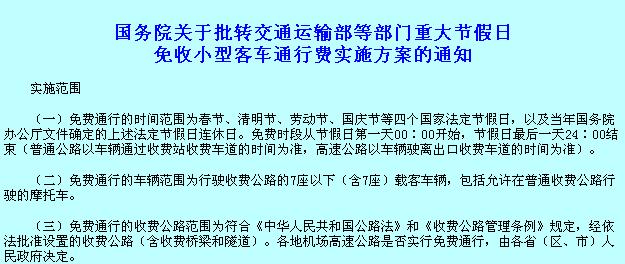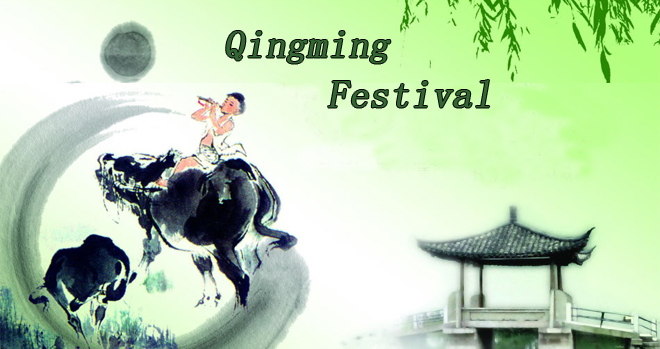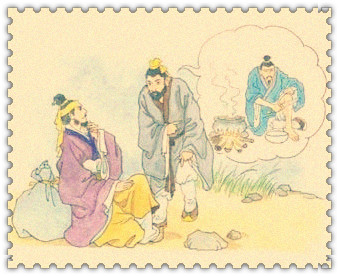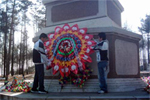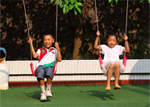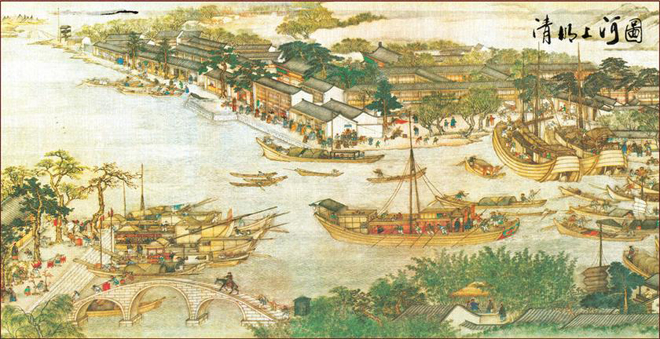| The Qingming Festival Pure Brightness Festival or Clear Bright Festival, Ancestors Day or Tomb Sweeping Day is a traditional Chinese festival on the 104th day after the winter solstice, usually occurring around April 5 of the Gregorian calendar. Astronomically it is also a solar term. The Qingming festival falls on the first day of the fifth solar term, named Qingming. Its name denotes a time for people to go outside and enjoy the greenery of springtime and tend to the graves of departed ones. Qingming has been regularly observed as a statutory public holiday in Taiwan, Hong Kong and Macau. Its observance was reinstated as a nationwide public holiday in mainland China in 2008. The transcription of the term Qingming may appear in a number of different forms, some of which are Qingming, Qing Ming, Qing Ming Jie, Ching Ming and Ch'ing Ming Chieh. |
| Origin of Qingming Festival Qingming Festival is when Chinese people visit the graves or burial grounds of their ancestors. Traditionally, people brought a whole rooster with them to the graves visited but the occasion has become less formal over time. The festival originated from Hanshi Day, a memorial day for Jie Zitui. Jie Zitui died in 636 BC in the Spring and Autumn Period. He was one of many followers of Duke Wen of Jin before he became a duke. Once, during Wen's 19 years of exile, they had no food and Jie prepared some meat soup for Wen. Wen enjoyed it a lot and wondered where Jie… view more… | |
Celebration of Qingming Festival
| | The Qingming Festival is an opportunity for celebrants to remember and honour their ancestors at grave sites. Young and old pray before the ancestors, sweep the tombs and offer food, tea, wine, chopsticks, joss paper accessories, and/or libations to the ancestors. The rites have a long tradition in Asia, especially among farmers. Some people carry willow branches with them on Qingming, or put willow branches on their gates and/or front doors. They believe that willow branches help ward off the evil spirit that wanders on Qingming. On Qingming people go on family outings, start the spring plowing, sing, and dance. Qingming is also the time when young couples start courting. Another popular thing to do is to fly kites in the shapes of animals or characters from Chinese opera. Another common practice is to carry flowers instead of burning paper, incense or firecrackers. The holiday is often marked by people paying respects to those who died in events considered sensitive in China. The April Fifth Movement and the Tiananmen Incident were major events on Qingming that took place in the history of the People's Republic of China. When Premier Zhou Enlai died in 1976, thousands visited him during the festival to pay their respects. Many also pay respects to victims of the Tiananmen Square protests in 1989 and the graves of Zhao Ziyang and Yang Jia in areas where the right of free expression is generally recognized… view more… |
| | |
| |
Climate Feature During Qingming Festival
| Qingming is one of the 24 Solar Terms in traditional Chinese culture, which refers to the warming of weather and blooming of plants. During the Qingming time, the climate in the South of China is getting warm and Spring is coming. However there is also some cold weather before and after the Qingming time. The average daily temperature may be below 12℃ which will result to the death of early season rice. In the northwest highlands of China, livestock will suffer the lack of food due to the consumption of the whole winter… view more… |
| New Policy—— Highway free of charge in China during the Qingming Festival Since the implementation of the small passenger car toll exemption during major holidays on April 1, 2013, the Qing Ming Festival will be the third holiday after the National Holidays and Spring Festival during which highway toll is free in China. From 0 o’clock in April 4 to 24 0’clock in April 6th, highways will be free for small passenger cars. In Chinese tea culture The Qingming festival holiday has a significance in the Chinese tea culture since this specific day divides the fresh green teas by their picking dates. Green teas made from leaves picked before this date are given the prestigious 'pre-qingming' designation which commands a much higher price tag. These teas are prized for having much lighter and subtler aromas than those picked after the festival. In painting The famous Qingming scroll by Zhang Zeduan is an ancient Chinese painting which portrays the scene of Kaifeng city, the capital of the Song Dynasty during a Qingming festival. |
| |
| In literature Qingming was frequently mentioned in Chinese literature. Among these, the most famous one is probably Du Mu's poem (simply titled "Qingming"): In the Vietnamese epic poem The Tale of Kieu, Qingming is mentioned as the occasion when the protagonist Kieu meets a ghost of a dead old lady. The lines describing the sceneries during this festival remain some of the most well-known lines in Vietnamese literature: |
References
